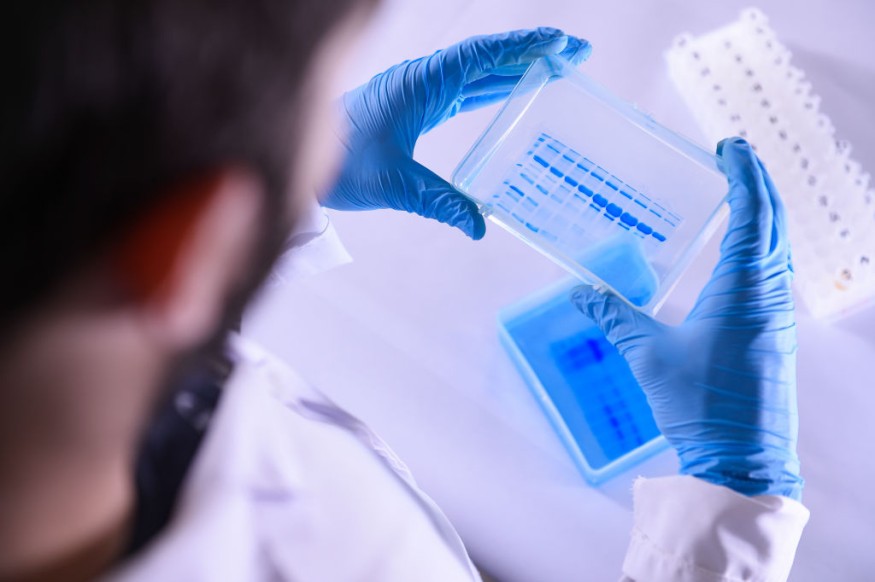
Viruses mutate all the time, so it's no wonder that the coronavirus, which originated in China at the end of 2019 has exhibited major mutations as the disease develops and spreads.
Yet alarm is triggered by a recent strain that has arisen in South Africa. The one that has been proving much more transmissible in South Africa in recent months like the UK version.
Although the two strains propagate more quickly, researchers think they are not more lethal. But becoming more transmissible implies that more persons will become sick, which may mean more extreme illnesses and more deaths.
Experts now ask as to whether Pfizer-BioNTech, Moderna, and the AstraZeneca produced coronavirus vaccines at a breakneck pace in the last year, the Western frontrunners being those established against major virus mutations, such as the one found in South Africa.
While scientists claim that the UK variant would not impact the potency of the effectiveness currently being carried out in the West, the other strain is more questionable.
Health Secretary Matt Hancock told the BBC, as Reuters quoted, that he was apprehensive about the variant identified in South Africa.
He said he was aware that the South African edition was much more concerning than the UK version.
Both countries deal with a spike in infections with Covid-19 primarily due to viral mutations that render it more contagious.
Experts are eager to point out that people still don't know about the latest strains and advise people not to worry. So far, here's what we know:
What Do We Know So Far About The Vaccine?
South Africa reported the quickly growing mutation in three provinces on December 18. The said COVID-19 strain is the dominant strain in Eastern Cape, Western Cape, and KwaZulu-Natal.
Because of the N501Y mutation, experts noticed that the virus would enter cells throughout the body in the spike protein. South Africa named the variant "501Y.V2." Among other stuff, scientists also found this latest strain found in the UK. Both versions which are known to be more transmissible diseases.
In December, the WHO noticed that although both forms were present in the UK, South Africa alerted the World Health Organisation to the latest mutations. South Africa shared the N501Y mutation.
In South Africa, the form bears two other spike protein mutations that are not present in the UK, including E484K and K417N. The variant is called VOC-202012/01 with VOC standing for Variant of Concern. The changes could influence how vaccinations toward Covid function, experts said.
Efficacy of Vaccination

Questions on how the coronavirus vaccinations would operate against the latest strains have been posed.
Several scientists have confirmed they anticipate vaccinations to defend against the latest strains, such as those from Pfizer and BioNTech, and Oxford University/AstraZeneca.
WHO chief scientist Dr. Soumya Swaminathan sought to ease concerns regarding the variants earlier in December, telling the BBC it was "very unlikely" that the new mutations would allow the existing vaccines not to work. Further investigations to know the implications of genetic alterations on viral properties and the efficacy of diagnostic tests, therapies, and vaccines are needed, the WHO said.
However, the variant found in South Africa was alarming in this respect, Dr. John Bell of Oxford University said on Sunday.
They both have many, separate mutations in them, but, he told Times Radio, they're not a single mutation. And the South African form-related mutations are very, very significant improvements in the protein structure.
He said there were concerns regarding whether, in the presence of those mutations, the Pfizer/BioNTech and Oxford University/AstraZeneca vaccines will be disabled.
He said the team behind the inoculation at Oxford University was studying the impact of the strains on his vaccine, adding that his gut instinct was that it would still be successful against the strain found in the United Kingdom, although he was more unsure about the one found in South Africa.
He assured the radio station, though, that if the vaccination would not operate on this variant, the vaccinations should potentially be modified, and that would not take as long as a year.
Check out more news and information on COVID-19 on Science Times.
© 2026 ScienceTimes.com All rights reserved. Do not reproduce without permission. The window to the world of Science Times.












